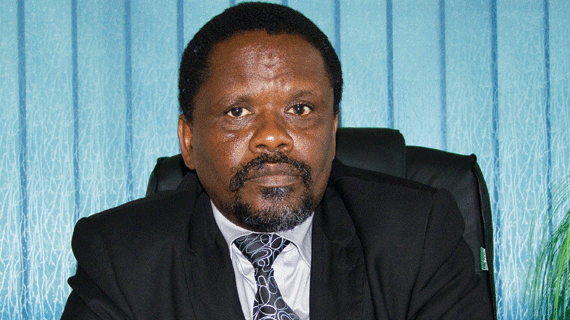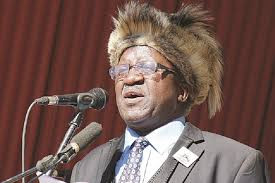
According to Lenore E Hawkins of Meritas Advisors, schools of economic thoughts range from fascism, neoclassical economics, socialism, keynesianism, monetarism, austrianism and supply side economics.
An economic theory is defined as a set of beliefs concerning individual and group behaviour. Currently, there is no consensus on the economic model that can be said to be a panacea to all economic woes.
Fascism argues that truth as we know it, is a matter of opinion, as such nothing can really be known to be useful. It is not surprising then that fascist Nazi German behaved the way it did, since the government was deemed free to behave any how; “do whatever it takes”- this can manifest itself in the form the scorched earth approach; the elimination of opponents and subjecting the electorate to containment, paddocking people physically and psychologically. Bootlickers and cronies are entitled to unfettered favours while those querying the status quo are declared enemies of the State.
Neoclassical economics was popularised by Adam Smith with his “invisible hand”. he argued that there was no need to regulate the economy, as the forces of supply and demand were capable of doing the regulation. The greater the supply, the less the demand and vice-versa.
However, a few commodities are an exception to the rule, as the demand may remain high despite the upsurge of supply. Karl Marx and Fredrich Engels are proponents of socialism. Marx goes on to argue that capitalism and socialism can never cohabit, one must destroy the other in order to reign unfettered.
John Maynard Keynes is widely known for his theories that were focusing on fighting the Great Depression of the 1930s. Keynes served as Franklin Rosevelt’s advisor from 1883 to 1946. He advocated that governments need to employ the monetary and fiscal policies to change direction of the economy.
He strongly supported deficit spending, as a way of solving unemployment. Keynes argued, “the free market is volatile and doesn’t produce the greatest “prices possible”. Under the circumstances, governments need to act as catalysts by manipulating economic factors as a way of minimising the volatility of the economy, thereby making everyone better off than they would have been without government’s intervention. In short Keynes is for a developmental state.
The Chicago School of Economic Thought or monetarism is linked to Milton Freidman. Its thrust favours a free market economy, whereby government comes in by way of monetary policy. Monetarists argue that an increase in productivity that is not matched by an increase in money supply leads to a fall in prices.
- Chamisa under fire over US$120K donation
- Mavhunga puts DeMbare into Chibuku quarterfinals
- Pension funds bet on Cabora Bassa oilfields
- Councils defy govt fire tender directive
Keep Reading
Nobel Laureate Fredrich Haveck and Ludwig von Mises are linked to this economic school of thought.
However, from a political perspective Austrianism is believed to be a brain child of Patrick Henry, James Madison, Thomas Jefferson and other American founders.
Of late Austrianism got buyers, especially owing to its prediction of the financial crisises that have led to austerity measures, this taking place in developed economies for that matter. Austrians view the economy as a living ecosystem as opposed to a machine.
They are not for the mastermind concept, which argues that politicians know what is best for every citizen. The proponents of the Austrian view are scornful of the idea of producing a “greater good” as this causes harm to the economy.
The last school of economic thought the supply-side economics, was developed in the 1970s.
This was a period of stagflation, meaning a period of inflation and stagnant economic growth. Say’s law of economics summarises this theory as follows:- “A product is no sooner created, than it, from that instant, affords a market for other products to the full extent of its own value.” This theory advocates for low taxes and less regulation as a way of stimulating the supply side of the economy.
Back to our intriguing question; “Which school of economic persuasion is relevant for Africa?” One must admit that there is no economic theory that can stand alone and claim to be panacea to all economic ills.
Africa is known for high unemployment levels and autocratic regimes. In the case of Zimbabwe it is estimated that the unemployment levels are between 85-90%. The economy has virtually turned informal. A comparison of the enumerated theories brings the following salient facts.
Austrians are calculative, they view interventions with scorn. Fascists, socialists, keynesians and monetarist are pragmatic, although differing on what needs to be improved and what tools are to be used.
Neoclassists argue that the price of the good is based on the costs incurred in producing it. Moses Tsimukeni Mahlangu is the general-secretary for Zimbabwe Urban Councils Workers’ Union. He is a labour consultant and arbitrator. Feedback: E-mail: [email protected]










